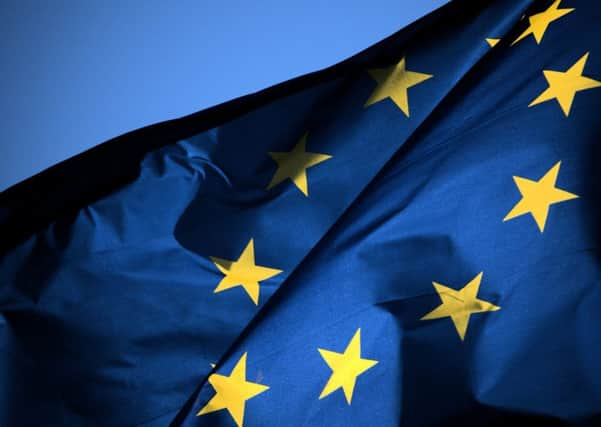Monnet's Memoirs


However, you state I not only misquote Monnet but along with another, included in an earlier letter to The Star, wrongly attribute it to Monnet. Far from coming from some secondary source, both were drawn from Jean Monnet’s own book Memoirs, written in 1978, which I have read from cover to cover.
I also note your comments on the immigration figures I quote in my letter of May 27 but the purpose of those figures was purely to demonstrate the difference in costs between those immigrants claiming Jobseekers’ Allowance in the UK and Britons claiming unemployment benefit across the EU.
Advertisement
Hide AdAdvertisement
Hide AdYes, The Guardian states that, according to 2015 figures, 30,000 Britons were claiming unemployment benefit across the EU but this was from evidence drawn from 23 countries over which, I assume, the cost was spread. Compare that figure to the 65,000 EU nationals claiming JSA from the single pot of the UK. Having only joined the EU in 2013, Croatia’s figures are not included.
Far from maligning Monnet, I could see his point on using integration and unification as a means of bringing together the countries of Europe and preventing further wars but only when in practice did the faults in his plan begin to emerge.
I wonder, did Monnet anticipate the difficulty in forcing integration on masses of people of different cultures and religions who, rightly, want to retain their own?
Yet, unless these differences are eliminated can we all learn to live together peacefully? History proves not. Even today, old scores from the past are still being settled by violent means as displaced people struggle to regain their heritage lost centuries ago.
Advertisement
Hide AdAdvertisement
Hide AdAnimosity between different people is already rearing its ugly head as younger generations look back on their natural birthright lost to predatory nations.
None of this is the fault of the masses around the world who have to bear its burden. Yet, are the powerful few creating today the troubles of tomorrow with their idea that thrusting different people together as one will naturally create harmony and make people feel totally at home in foreign lands?
I doubt it. The ties of home are rarely completely broken no matter how many the years of absence.
Mary Steele
Deerlands Ave, S5